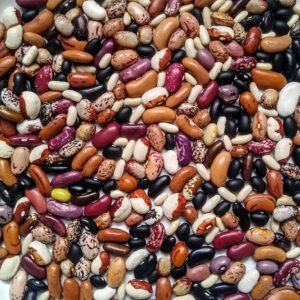
 USDA announced an extension on its public comment period for 2,4-D corn yesterday. The public now has until April 27, 2012, to provide public comments (as opposed to next week). Individual comments can be provided directly to the docket, found here (docket number: APHIS-2010-0103). More background on the issue can be found through Center for Food Safety and Pesticide Action Network.
USDA announced an extension on its public comment period for 2,4-D corn yesterday. The public now has until April 27, 2012, to provide public comments (as opposed to next week). Individual comments can be provided directly to the docket, found here (docket number: APHIS-2010-0103). More background on the issue can be found through Center for Food Safety and Pesticide Action Network.
This GE trait is getting a lot of pushback (not surprisingly) including from farmers (be they organic or not) who are especially concerned about 2,4-D’s ability to volatilize and drift, damaging surrounding food crops that don’t tolerate this outdated and toxic herbicide. Not to mention the impacts to farmer and farm workers’ health, consumers, non-target insects, wild plants and animals. Consumers, and the public interest groups representing them, have fought hard for decades to minimize and eliminate exposure to harmful chemical exposure, including 2,4-D.
The severe consequences of approving a GE trait that confers tolerance to — and, thus, encourages much more application of — 2-4,-D are clear. And so are the alternatives and necessary shifts in mindset. Last month, the peer-reviewed journal BioScience published an important article, entitled: “Navigating a Critical Juncture for Sustainable Weed Management.” The article details how the use of GE (herbicide-tolerant) crops are moving US agriculture toward reduced sustainability, and that other weed management systems are available to farmers now. Union of Concerned Scientists also did a nice blog post on this article if you’re looking for a shorter read.
Unfortunately, at a time when on-the-ground experience shows robust regulatory oversight of GE crops is needed (e.g., genetic contamination events, increases in herbicide use, herbicide-tolerant weeds, and other negative consequences), USDA is announcing that it aims to cut GE crop approvals in half. The agency’s rubber stamping approach to GE crop regulation needs to stop, and it should begin with rejecting 2,4-D corn.
